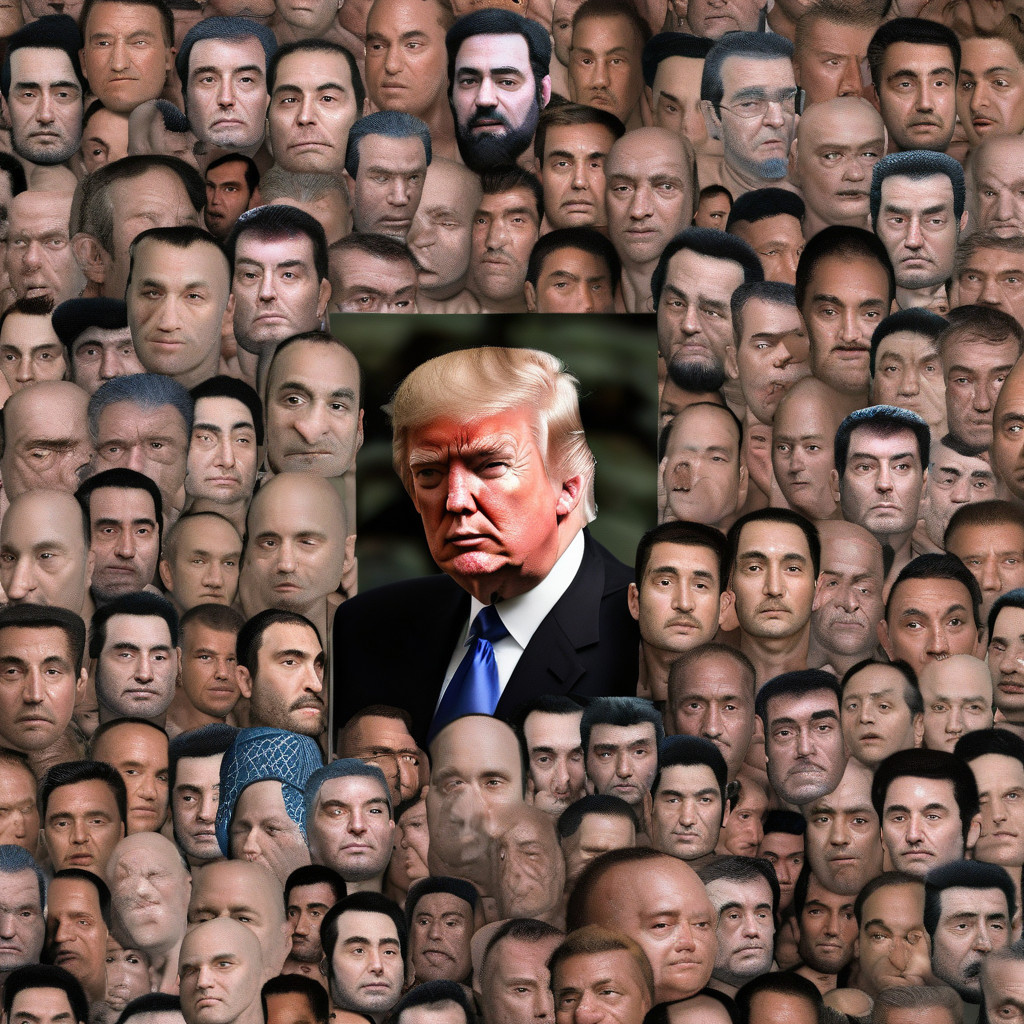Title: Analyzing the Controversial Trump Pardon of ‘Silk Road’ Creator Ross Ulbricht
In a move that has sparked both outrage and support, former President Donald Trump recently granted a pardon to Ross Ulbricht, the mastermind behind the infamous ‘Silk Road’ dark web drug market. Ulbricht had been serving a life sentence without the possibility of parole for his involvement in a wide array of criminal activities, ranging from computer hacking to the distribution of narcotics and money laundering. This decision, coming after 11 years behind bars, has reignited debates about the boundaries of justice, the impact of technology on crime, and the power of executive clemency.
The case of Ross Ulbricht and the Silk Road is a complex and multi-faceted one that raises significant ethical, legal, and technological questions. On one hand, supporters of Ulbricht argue that his sentence was overly harsh, especially considering that non-violent offenders in other contexts often receive lighter punishments. They also highlight the role of the dark web in providing anonymity to users, which can both facilitate criminal activities and protect privacy rights. Additionally, some believe that Ulbricht’s actions were driven by a misguided sense of libertarian ideals rather than malicious intent.
Conversely, critics of the pardon point to the serious nature of Ulbricht’s crimes and the lasting impact they have had on individuals and communities. The Silk Road was not just a platform for the exchange of illegal drugs but also a hub for other illicit activities, including weapons trafficking and money laundering. By providing a cloak of anonymity, the dark web enabled criminals to operate beyond the reach of traditional law enforcement, posing significant challenges to authorities worldwide. Furthermore, some argue that granting clemency in this case sends the wrong message about the consequences of engaging in cybercrime.
At the same time, Ulbricht’s pardon raises broader questions about the intersection of technology and criminal justice. The Silk Road exemplifies the ways in which the internet can be leveraged to circumvent traditional legal structures and norms, presenting new challenges for regulators and law enforcement agencies. As digital technologies continue to evolve at a rapid pace, policymakers must grapple with how to address emerging forms of online criminal behavior while upholding civil liberties and due process rights.
In conclusion, the Trump pardon of Ross Ulbricht, the creator of the Silk Road dark web marketplace, has reignited a contentious debate about justice, technology, and the limits of executive power. While some view the pardon as a step towards correcting perceived injustices in the criminal justice system, others see it as a troubling endorsement of criminal behavior in the digital age. As we navigate the complexities of the modern technological landscape, it is essential to strike a balance between innovation and accountability, ensuring that the rule of law remains paramount in an ever-changing world.

